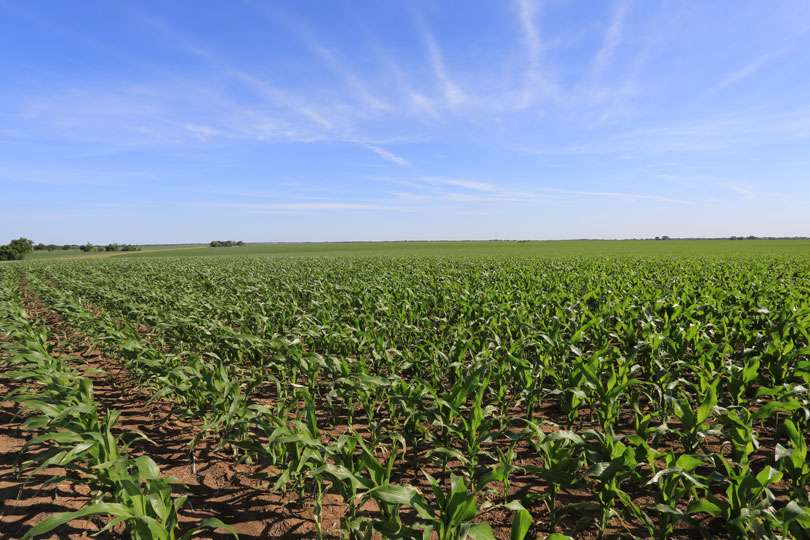By Jessica Domel
Multimedia Reporter
The U.S. Environmental Protection Agency (EPA) completed its regulatory review of popular weed killer glyphosate and concluded it poses no risk to human health when used according to label directions. It is not a carcinogen, the EPA concluded.
“These findings on human health risk are consistent with the conclusions of science reviews by many other countries and other federal agencies, including the U.S. Department of Agriculture, the Canadian Pest Management Regulatory Agency, the Australian Pesticide and Veterinary Medicines Authority, the European Food Safety Authority and the German Federal Institute for Occupational Safety and Health,” the EPA website reads.
EPA initially announced its findings in 2019, and then opened the public comment process on proposed changes to EPA’s label. Those changes would require spray drift management to reduce off-site exposure to wildlife.
In September 2019, EPA Administrator Andrew Wheeler discussed EPA’s position on USDA Radio.
“For glyphosate, we took one of the most comprehensive looks at that chemical, that pesticide ever, by any regulatory body anywhere in the world. Our conclusions are that it is not a carcinogen, and those conclusions match regulatory bodies around the world,” Wheeler said.
Glyphosate is the most widely-used weed killer in the United States. It’s used on crops, lawns and golf courses.
EPA reviews the registration of pesticides every 15 years to ensure they perform as intended without unreasonable adverse effects on human health or the environment.
Over the past few years, use of glyphosate, the active ingredient in Monsanto’s Roundup, has come under fire as thousands of lawsuits allege its use has led to non-Hodgkin’s lymphoma.
To date, three juries in California have sided with plaintiffs’ claims and have awarded multi-million-dollar settlements.
Bayer, which purchased Monsanto for $63 billion in 2018, is appealing those verdicts.
The lawsuits and claims have led other countries, like Vietnam, to ban glyphosate use.
U.S. Agricultural Trade Negotiator Gregg Doud told USDA Radio the anti-glyphosate wave could have profound effects on production and trade of crops around the world.
“I think this is something all of us in agriculture need to keep a very close eye on,” Doud said.

